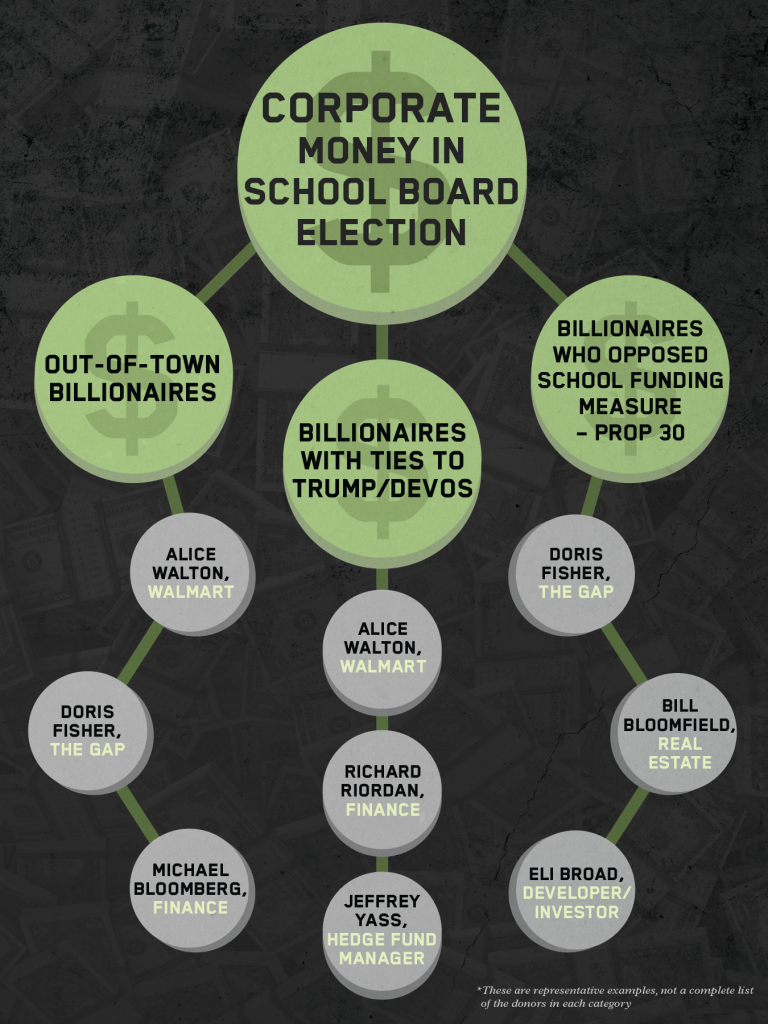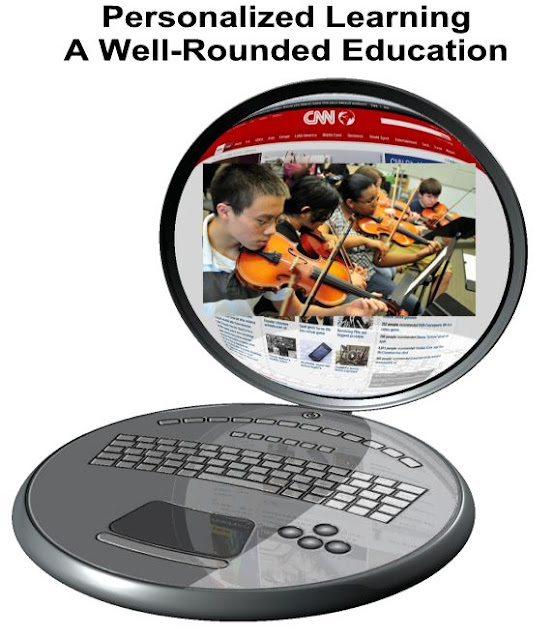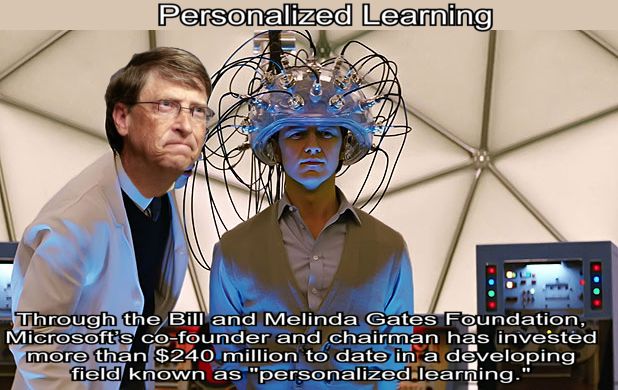Thousands sign petitions to disinvite Betsy DeVos from speaking at historically black college

Education Secretary Betsy DeVos speaks at the Council of the Great City Schools Annual Legislative/Policy Conference in Washington on March 13. (Jose Luis Magana/AP)
Education Secretary Betsy DeVos can’t seem to stay away from controversy. This time, tens of thousands of people have signed petitions asking that she be disinvited from giving Wednesday’s scheduled commencement address at Bethune-Cookman University in Florida because of comments she made revealing ignorance about the history of historically black colleges and universities.
DeVos was invited to speak by university President Edison O. Jackson, who defended the decision in an op-ed published in the Orlando Sentinel. In the piece, Jackson said in part:
I understand the concerns about her, and I genuinely appreciate those who voice those concerns in a constructive manner.I am especially sensitive to balancing the notion of academic freedom with quelling potentially hateful and harmful rhetoric. The political and racial chasms in our county have deepened, and college presidents have struggled with these issues over the past few months. Some have rescinded invitations to potentially controversial speakers.That is not my intention with DeVos. I am of the belief that it does not benefit our students to suppress voices that we disagree with, or to limit students to only those perspectives that are broadly sanctioned by a specific community.
Adora Nweze, president of the Florida State Conference of the NAACP, the Thousands sign petitions to disinvite Betsy DeVos from speaking at historically black college - The Washington Post:















